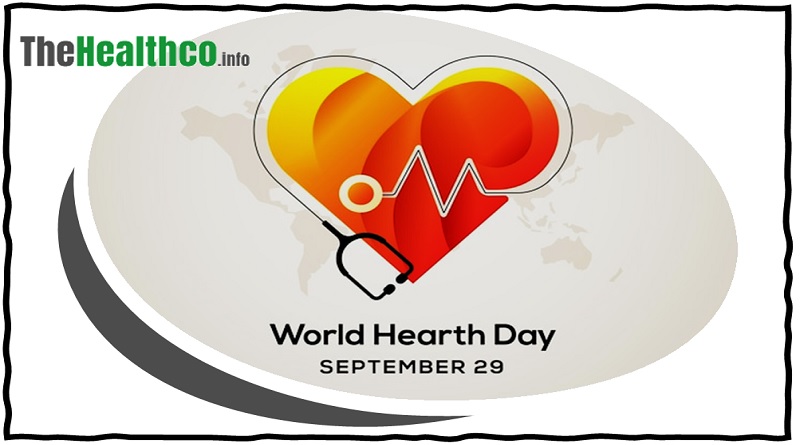Generally speaking, 150 minutes per week of moderate intensity exercise are advised to strengthen your heart muscles and lower your risk of cardiovascular problems. Extending your workout beyond the allotted time does not always result in improved health. Even the chance exists that an individual already has a higher risk than average, either as a result of lifestyle choices or genetics.
Low calorie intake and intense exercise lead to deficits since the body uses up its stored nutrients. Following fad diets to lose weight is a bad idea because it encourages anemia, heart disease, stroke, mental illness, etc. Your diet and fitness programme should complement one another. When choosing carbohydrates to fuel the body and brain, one must make healthy choices.
Everyone should strive to achieve cardiovascular health in order to keep their hearts healthy. Biological fitness, which is concerned with having a healthy metabolism, may not always be the same as physical fitness. Small cholesterol deposits or plaques develop in the arteries of the human body as it ages and can become worse with stress and biological stress, such as acute infections.
Experts emphasise the critical necessity for raising public knowledge about heart disease prevention in light of these figures. Therefore, World Heart Day is a fantastic opportunity to raise awareness of ways that individuals can prevent heart problems and lessen the hardship that this condition causes.
Heart attack signs and symptoms include:
- having arm, chest, or area behind the breastbone pain, pressure, heaviness, tightness, or discomfort
- Your arm, back, jaw, or throat may pain
- feeling suffocated, bloated, or full
- experiencing dizziness, sweating, nausea, or vomiting
- excessive tiredness, anxiousness, or breathlessness
- The heartbeat is erratic or fast
- insufficient physical activity
Even in the absence of additional risk factors, the National Center for Chronic Disease Prevention and Health states that inactivity raises the risk of heart problems. Being sedentary increases the risk of developing a number of chronic diseases, including obesity, high blood pressure, high cholesterol, and type 2 diabetes, in addition to cardiac issues.
Losing weight significantly lowers the risk of heart disease.
Particularly in people who are overweight or obese and have diabetes, losing weight aids in blood sugar control. Weight loss greatly lowers the risk of heart attack in those with diabetes because their chance of having one is almost 4 times higher than that of the general population.
Additionally, losing weight raises our good cholesterol and keeps our bad cholesterol (LDL cholesterol and triglycerides) within a healthy level (HDL cholesterol).
Keeping cholesterol within range with weight loss can lower the risk of heart attack because high cholesterol is a key risk factor for heart attacks.






